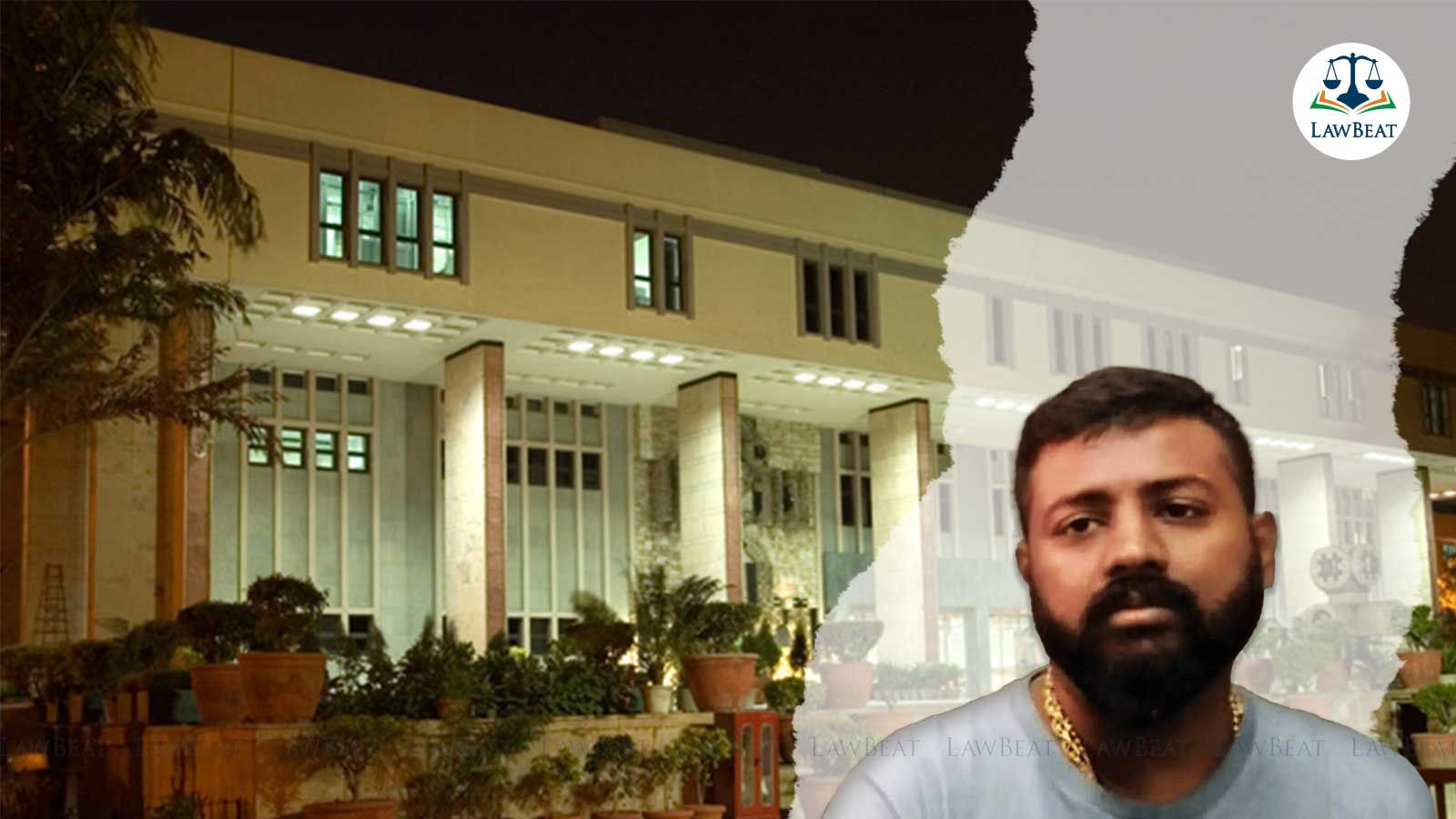Delhi HC Judge Recuses From Chandrashekhar’s Plea Seeking Additional Meetings With Lawyers

Chandrashekhar was imprisoned for allegedly extorting Rs 200 crore from Aditi Singh, the wife of former Fortis promoter Shivinder Singh, under the guise of securing bail for her husband.
The Delhi High Court Justice Subramonium Prasad recused himself from hearing a petition filed by Sukesh Chandrashekhar seeking two additional weekly meetings with his lawyers. The recusal was prompted by the multiple legal cases involving Chandrashekhar, which could potentially create a conflict of interest or necessitate a different judicial perspective.
Chandrashekhar, represented by Advocate Anant Malik, sought to increase the number of his meetings with his lawyers to five times a week, an increase of three additional meetings. Advocate Malik argued that the existing allowance of virtual meetings was insufficient, particularly for an undertrial prisoner entangled in numerous cases across various jurisdictions. He cited a precedent set in a previous case, where a similar facility of five weekly meetings was granted, and claimed that the current restrictions violated his constitutional rights under Article 22(1).
Given the complexity and scope of his legal issues, which include high-profile corruption and extortion cases, Chandrashekhar asserted that more frequent consultations with his lawyers were essential for adequately managing his defense.
The petition also highlighted Chandrashekhar's personal difficulties, including his isolation from family due to distance and the incarceration of his spouse, which exacerbated his distress and underscored the need for regular and meaningful interactions with his legal counsel.
Previously, Sukesh Chandrashekhar had approached the court to seek to quash an FIR and prosecution complaint filed by the Enforcement Directorate in a money laundering case related to the 2017 Election Commission bribery scandal. Chandrashekhar claimed that the investigation was biased and violated the Prevention of Money Laundering Act, 2002. The court, led by Justice Amit Sharma, however, transferred the case to the bench handling legislative matters. Additionally, his plea requested the suspension of trial proceedings, citing ongoing stay orders and alleged bias in the investigation.
